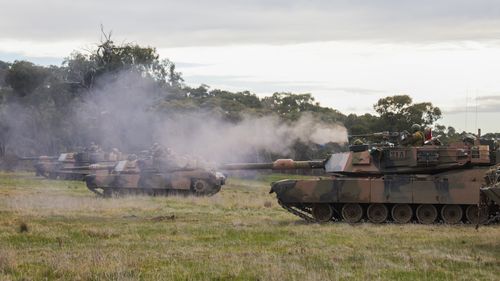An updated report from the Australian Strategic Policy Institute (ASPI) warns that the Australian Defence Force is facing a lack of preparedness to tackle current and future threats. The report emphasizes that the slow adoption of new technologies and capabilities poses a significant risk to the ADF.
Published recently, ASPI’s annual Cost of Defence dossier highlights concerns about the delay in providing essential funding increases to the ADF. The report suggests that critical investments necessary for the ADF’s effectiveness are not being allocated expediently enough.
“Defence funding [needs] to be increased to reflect the reality of the threats facing Australia,” the report states.

Prime Minister Anthony Albanese defended his government’s approach to defence spending, labelling the criticism from ASPI as “predictable”.
“Seriously, they need to have a look at themselves as well and the way that they conduct themselves in debates,” he told ABC radio this morning.
“We’ve had a defence strategic review.
According to the report, there is a notable surge in defense spending, with an additional $10 billion being allocated for this purpose. However, the report points out that despite this increase, the ADF’s preparedness may still be compromised due to the slow pace at which funds and resources are being utilized to enhance the ADF’s capabilities.
The report also noted the added global uncertainty that US President Donald Trump has caused since his return to the White House.
“Great powers flout the international rules-based system, either seeking to expand their spheres of influence, as Russia and China are doing, or pursuing a transactional and user-pays form of vassalage in the case of the US under the Trump administration,” ASPI executive director Justin Bassi wrote.
“To be clear: the actions of the US are not comparable to those of Russia and China, but the administration’s tendency to treat all countries the same, without separating friend from foe, is causing unhelpful disruption and adding to global uncertainty.”







